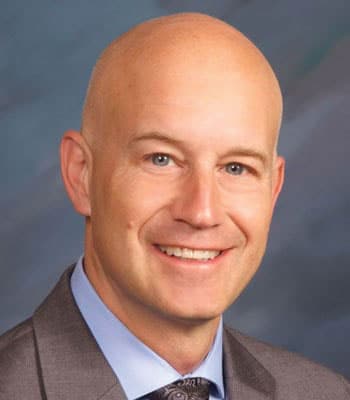CDPHE begins review of Larimer County’s COVID variance
FORT COLLINS — Larimer County’s top public health officer expressed some optimism about keeping the county’s COVID-19 variance after a rise in cases threatened to revoke it in recent weeks. Tom Gonzales, director of the Larimer County Public Health, told the county commissioners in a meeting yesterday that the Colorado Department of Public Health and Environment accepted the county’s virus mitigation plan without additional requests. He also said the agency plans to note the lower rate of positive tests in recent days. The moving average of new cases is declining in the county, but 41 new cases were reported on Monday. Gonzales expects to hear back from the state agency early next week. State officials gave Larimer County a variance in late May. Variances are given to counties or county groups with low transmission rates. It allows previously-shuttered businesses such as indoor malls, restaurants, gyms, theaters, bowling alleys, libraries and hotels to reopen under limited circumstances. It also allows public gatherings in the county to reach a maximum of 175 people indoors and up to 250 people outdoors with county approval and a minimum of 28 square feet per person. However, the county reported more than five days of more than 25 cases each in recent weeks, most of which were connected to Fourth of July gatherings. That increase requires CDPHE to review the county and determine if transmission is low enough to continue the loosened restrictions. Larimer County health officials submitted their plan last week. The plan includes more follow-up visits and enforcement from concerned citizen calls about businesses not enforcing the mask mandate or allowing too many people in a confined space. If state officials revoke the variance, the largest area of impact would be limiting public gatherings from the current level of 50 with county approval to a maximum of 10. Losing the variance would also add additional limits on in-person activity for bars and restaurants. Gonzales said the county is also continuing to work with Colorado State University to process local tests and avoid the backlog in the state-run laboratories. “It isn’t the actual specimen collection, that someone needing the testing needs the nasal swab, it’s the clinical labs backlogged with lots of tests,” he said. “They don’t have the (test) media, the reagent or the people and the analyzers.” © 2020 BizWest Media LLC
Source: BizWest





